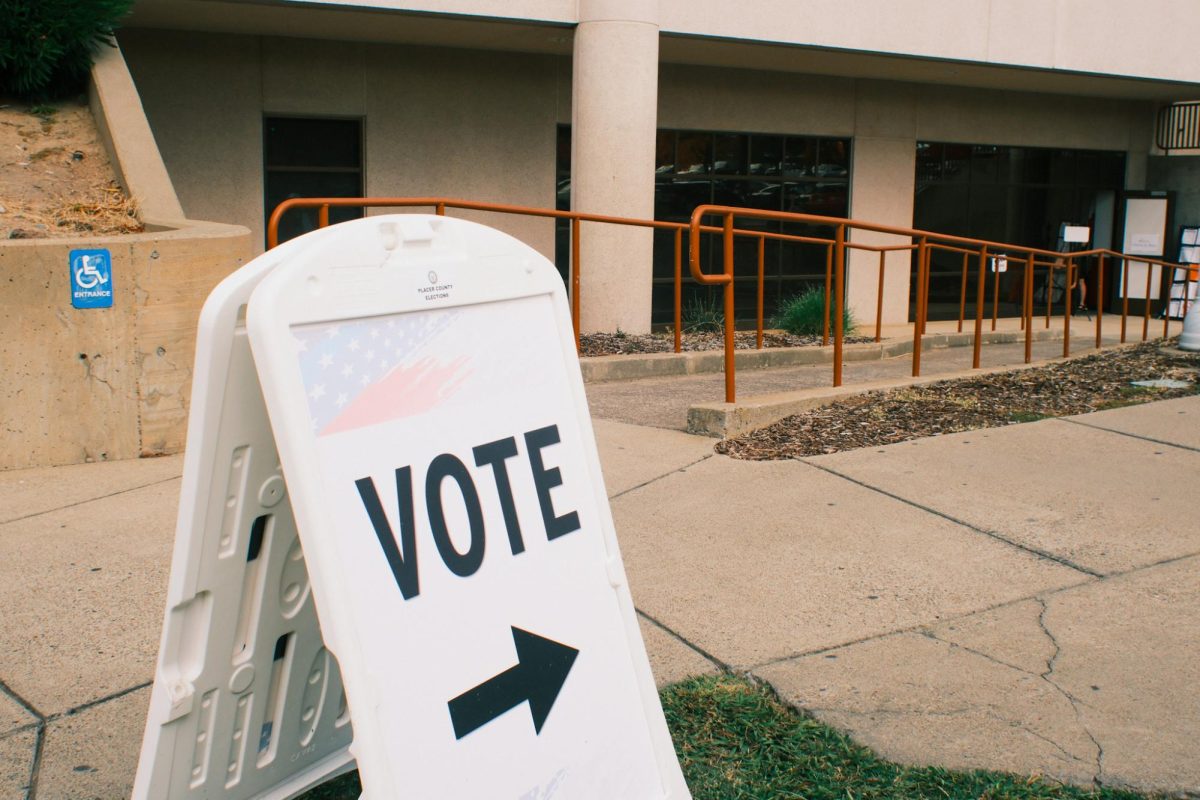The Annual Causeway Classic Blood Drive competition between University of California, Davis and Sacramento State returns from Nov. 18-20 in the University Ballroom.
From 10 a.m. to 4 p.m. Sac State students are able to donate to a blood drive hosted by Vitalant. The school that collects the most pints of blood receives a trophy that has the name of the school engraved throughout the decades.
Zenia LaPorte, Director of Programs and Markets for the University Union Events, said that Sac State has won this trophy for the past four to five years, with a break during COVID.
“We’ve been hosting this annually since the nineties,” LaPorte said. “Usually every October or November, and it’s always a competition with Davis.”
LaPorte said the blood drive is an extension of the Causeway Classic football game, offering another way for students to show school spirit. Compared to the spring blood drives hosted by Sac State, the Causeway Classic Blood Drive brings in more students.
“We typically see a higher participation level in this one versus the other one,” LaPorte said. “We’re trying to come together and work as a community to come ahead of Davis in this competition.”
UC Davis Vitalant Student Co-Director Sohail Khan said the Causeway Classic Blood Drive is one of the most well known drives for both schools.
“It’s just positive competition between one another,” Khan said. “Trying to improve the future of healthcare.”
Blood donations, can help cancer patients, trauma patients, sickle cell patients, burn patients and more, according to the American Red Cross. In July of this year, the American Red Cross announced an emergency shortage with supplies dropping by 25%.
RELATED: GALLERY: Blood donations pour in from Sac State community
Cloey Meredith, a first-year psychology major, said that donating blood helps the Sacramento community by providing reserves for people in need of blood.
“I think it’s good to donate blood,” Meredith said. “So that people [who] need blood can have access to that.”
Kris Caalim, a third-year journalism major, said there needs to be more awareness about blood drives for those in need of blood.
“Blood related illnesses are dangerous,” Caalim said. “I would think any way to get help for those people is a good cause.”
Khan says the most essential part of a blood drive is getting as many donors as they can to save as many patients’ lives.
“One pint is three patients’ lives,” Khan said. “So we want as many pints as we can to save as many patients.”
Students are enouraged to look through blood donor requirements before they make an appointment. Appointments are recommended to guarantee students a reserved slot, as walk-ins may not always be accommodated.
Additional reporting by Kai Arellano

































































































































